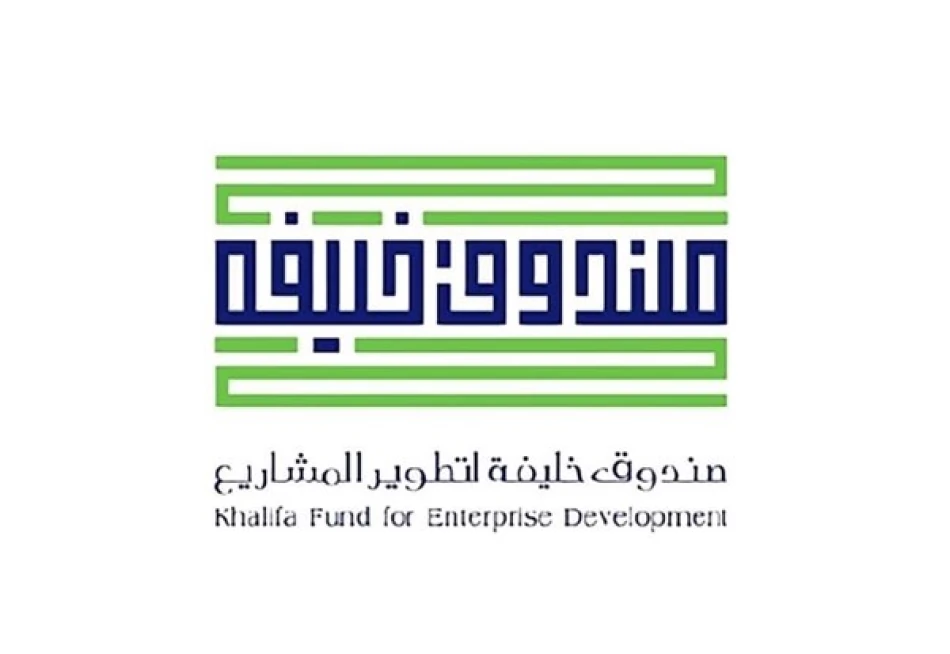
Khalifa Fund Fosters Entrepreneurial Spirit at Abu Dhabi Equestrian and Hunting Club
UAE Heritage Meets Innovation as Khalifa Fund Backs 13 Startups at Abu Dhabi's Premier Hunting and Equestrian Show
The UAE is leveraging its rich cultural heritage as a launchpad for modern entrepreneurship, with the Khalifa Fund for Enterprise Development supporting 13 innovative Emirati startups at the Abu Dhabi International Hunting and Equestrian Exhibition 2025. This strategic move highlights how traditional sectors can serve as powerful platforms for business growth and global market expansion.
Strategic Heritage-Tech Integration
The supported ventures span from AI-enhanced photography to heritage-inspired designs, demonstrating how traditional industries can embrace cutting-edge technology. This approach mirrors successful models in other Gulf states, where cultural authenticity has become a competitive advantage in global markets.
The diversity of supported sectors—including food production, outdoor adventures, and handicrafts—reflects a calculated strategy to modernize traditional Emirati industries while preserving their cultural essence. This model has proven successful in countries like Japan and South Korea, where heritage industries have evolved into billion-dollar export sectors.
Long-Term Partnership Model Drives Success
Mohammed Said Al Ameemi, owner of Nahl Food Materials Laboratory, exemplifies the fund's impact through a decade-long partnership that extends beyond financial support to include strategic consulting. His company's sustained growth demonstrates how comprehensive support systems outperform traditional one-time funding models.
Similarly, Mubarak Al Shamsi from Al Ain Technical Weapons Maintenance highlighted the exhibition's role in accessing new buyers while reinforcing the deep cultural connections of traditional sports. This dual focus on commercial expansion and cultural preservation creates sustainable competitive advantages.
Market Access Through Cultural Authenticity
The Abu Dhabi International Hunting and Equestrian Exhibition serves as more than a trade show—it functions as a cultural gateway to global markets. By positioning heritage-based businesses within this context, the UAE creates unique value propositions that competitors cannot easily replicate.
This strategy contrasts sharply with generic startup incubation models, instead leveraging the UAE's distinctive cultural assets as market differentiators. The approach has particular resonance in luxury and experiential markets, where authenticity commands premium pricing.
Broader Economic Inclusion Strategy
The Khalifa Fund's focus on women and youth entrepreneurs within heritage sectors addresses multiple policy objectives simultaneously: economic diversification, cultural preservation, and social inclusion. This integrated approach maximizes return on public investment while building sustainable economic foundations.
The fund's comprehensive support package—combining financial backing with strategic consulting—reflects lessons learned from successful startup ecosystems worldwide. Singapore's government-backed incubators and Israel's technology transfer programs demonstrate similar holistic approaches to entrepreneurship development.
Long-Term Economic Impact
By nurturing businesses that blend heritage with innovation, the UAE is creating export-ready industries with built-in cultural moats. These ventures can command premium pricing in international markets while contributing to the country's soft power projection.
The model also addresses economic sustainability beyond oil revenues, developing human capital and institutional knowledge that will drive future growth. This strategic patience mirrors successful economic transformation models in countries like Singapore and South Korea, where government-supported entrepreneurship became the foundation for sustained economic development.
Most Viewed News

 Layla Al Mansoori
Layla Al Mansoori






